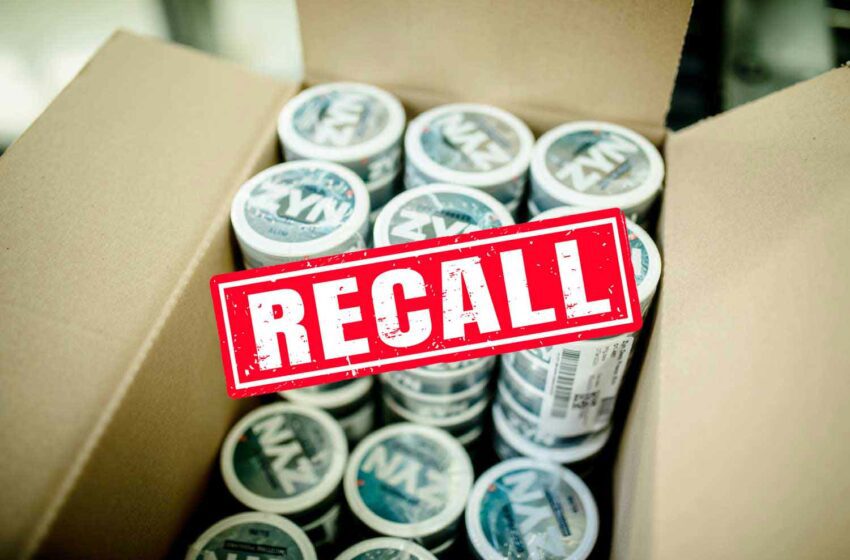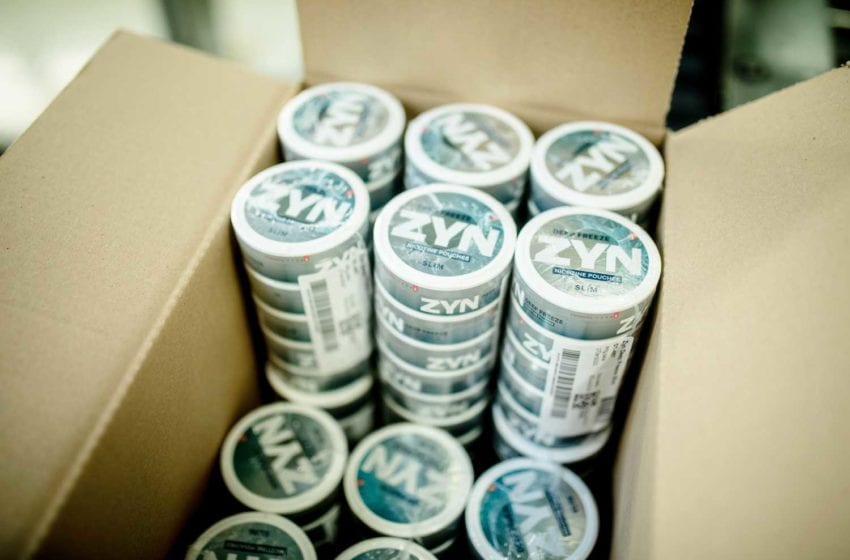The firm will invest $600 million in a Colorado plant to meet ferocious U.S. demand. Read More
Tags :Zyn
The District of Columbia is investigating potential violations of a local flavor ban.Read More
The product were sold without market authorization, according to the agency. Read More
The scarcity comes after PMI reported U.S. volumes of the pouches jumped 80 percent.Read More
The FDA has issued 119 warning letters and filed 41 civil money penalty complaints.Read More
The case could take years to work its way through the courts, according to attorneys.Read More
Manufacturers must show the benefit of pouches and quantify underage usage. Read More
In the first major legal challenge to pouches, consumer says PMI failed to warn about risk of addiction and health problems. Read More
Cracking down on Zyn nicotine pouches will only harsh the buzz around the office, writes Peter Clark.Read More
Smoke-free products approach 40 percent of PMI’s net revenues and gross profit. Read More








